Professor examines the similarities between Texas and Queensland, Australia
Associate Professor of History Leland Turner spent his hour at the Faculty Forum talking big, really big, comparing culture and mythology between Texas and Queensland, Australia.

At the Nov. 5 forum, Turner said, “It’s important that when we have new ideas, we share that knowledge with others. As a historian, I am in the business of creating knowledge.”
Turner shared his knowledge by examining the similarities and differences between Texas and Queensland from the perspective of a Texan and also as an individual that had the opportunity to travel to Queensland and get the peoples’ perspective as well.
“Down under, they are quite aware of Texas history. They have even named hotels after the Alamo and a town after the state,” Turner said.
In the lecture, Turner explained there is a town in Queensland that is called Texas. The town was named Texas after the cattle station (a large farm) was taken by squatters. The owners of the land decided to take the issue to court in the 1850s. The owners compared their struggle of getting their land back to the struggle of Texas trying to win freedom from Mexico. When they won their land back, they named the station Texas.
Turner said, “As my experiences in Australia led me to understand, there is a certain brashness in Queensland. They often call themselves the Texans of Australia.”
In the lecture, Turner discussed the mythology associated with Texas and Queensland being superior to other states that surround them. The idea of superiority is apparent in both of these cultures.
Markell Braxton-Johnson, sports and leisure studies senior, said, “I am one of those people that think Texas is exceptional, but I can’t really explain why I feel like that. I wanted to come to the event and see if that position was rational or not from an expert on the subject.”
The United States has the popular saying “everything is bigger in Texas.” Queensland has a similar belief system that some call the “Queensland difference”.
Patrick Idell, history junior, said,”He wished he could portray the passion that Turner has for the subject matter because it was so prevalent in the way he talked and acted. He said that he would strongly advise students to come to the next Faculty Forum.”
The Queensland, Texas discussion was part of a series of monthly events that showcases the research that faculty have done. It offers students and faculty the chance to get to know the faculty speaking and meet people with similar interests.
Idell said, “The event breeds a sense of community on the university where you can meet new people and learn new things that can open your eyes to the big, wide world that we live in. The events also let people get a grasp on the state and nation in which they live so that they can get a different view point.”
Related Research and Publication:
- Article: “Frontier Cattle Economies and Environment in the Queensland Outback and West Texas,” West Texas Historical Review 990 (2014): 113-128.
- Book Chapter: “The West Texas Plains,” in West Texas: A History of the Giant Side of the State, Paul Carlson and Bruce Glasrud eds., (Norman: University of Oklahoma Press, 2014): 44-58.
- Monograph: “Outback by Southwest: King Ranch Cattle in the Australian Grasslands” University of Oklahoma Press (under consideration).
- Scholarly Presentation: Australia New Zealand Studies Association of North America, “King Ranch Cattle in the Land Down Under: Environment, Identity, and Economy in the Australian Grasslands, Australian Embassy, Washington, D.C., Feb. 22-24, 2017.
- Scholarly Presentation: History Society, “The Texas Nexus: Global Migration and the Diffusion of Tropical Cattle Breeds,” St. Petersburg, Florida, May 23-26, 2018.

Carli is a senior in mass communication, minoring in sports and leisure studies minor. To stay involved and active, Carli plays softball. Carli was born...



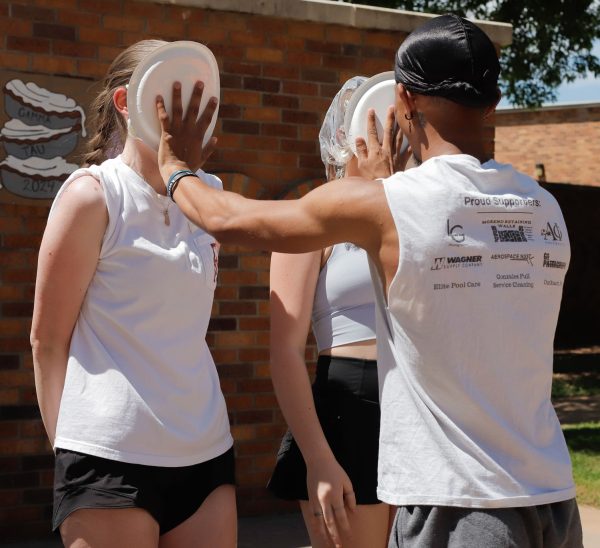

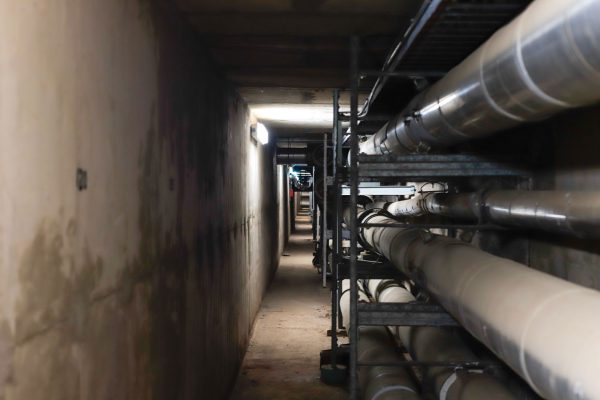
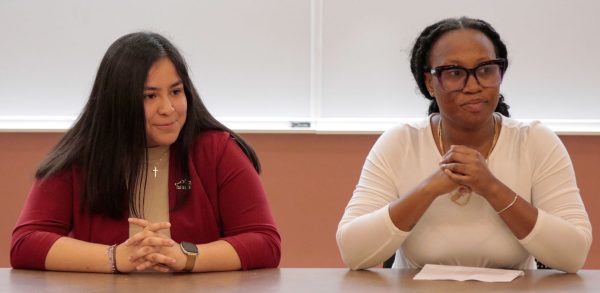
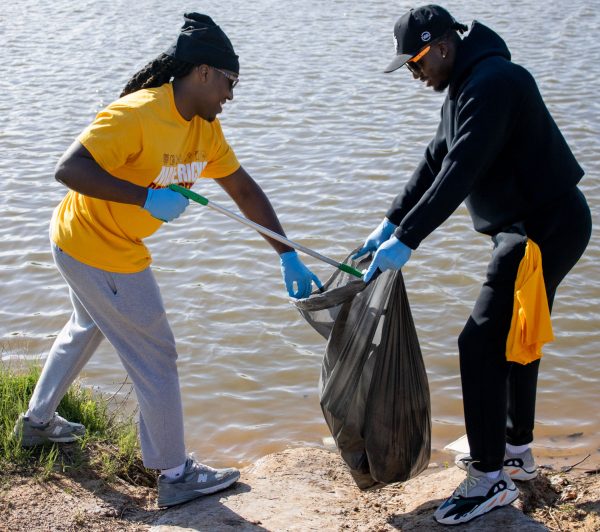

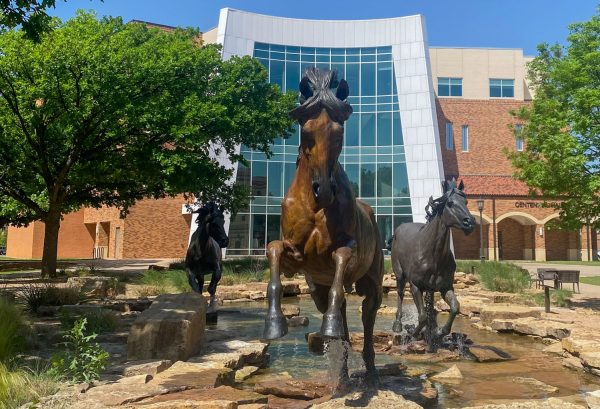


ER • Nov 9, 2021 at 6:57 PM
We don’t call ourselves “the Texas of Australia” the other states do – as an insult. They’re referring to our checkered history of controversial and conservative politicians such as Joh Bjelke-Petersen, Bob Katter and Pauline Hanson.
New South Wales and Victoria are the hotheads of the Australian east coast, while Queensland is the younger sibling they both bully. We don’t like being called “the Texas of Australia”.